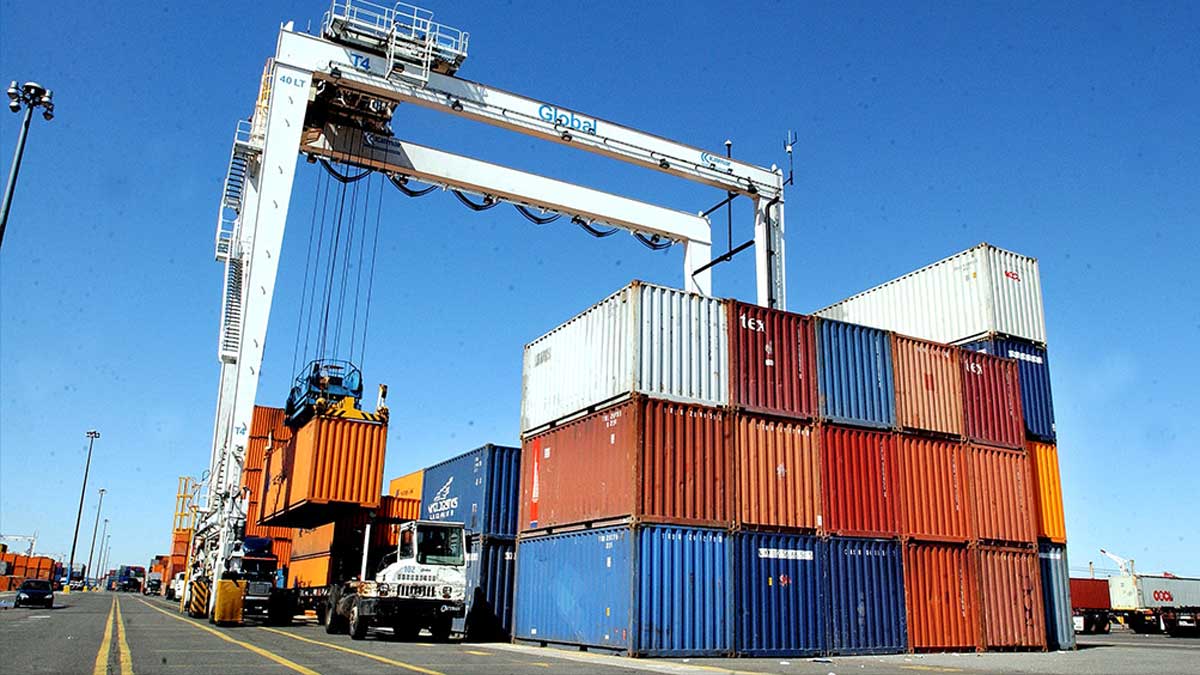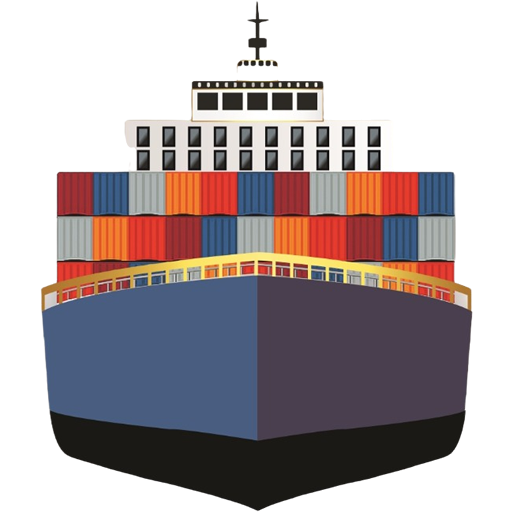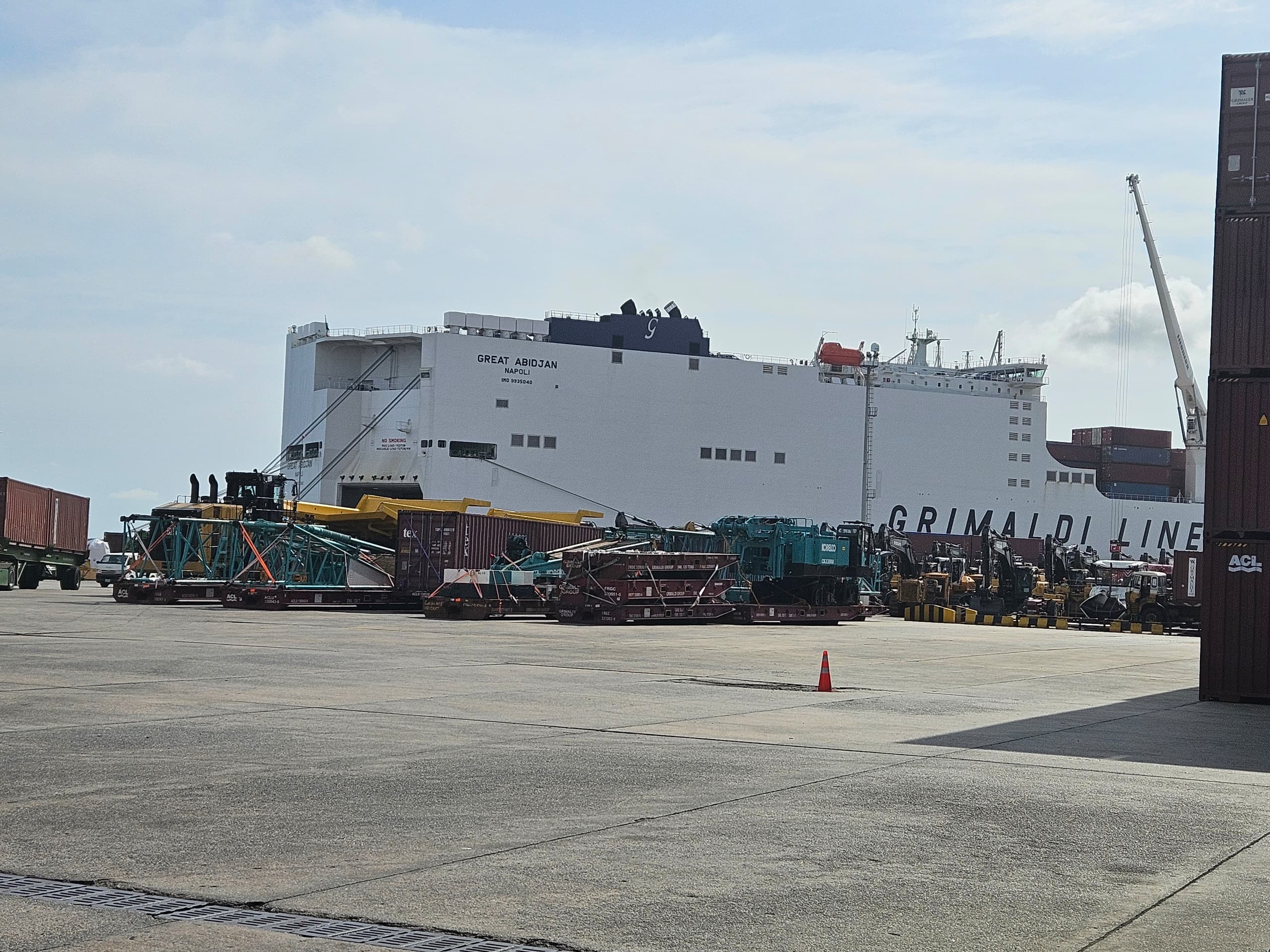
Imports and Exports in Nigeria. Importance of the Bill of Lading
The Bill of Lading: A Crucial Document for Importing/Exporting goods and cargos to Nigeria
When importing or exporting goods to Nigeria, several customs clearing documents are required, and the Bill of Lading (BL) is one of the most important. In this article, we’ll explore the significance of the BL, its types, and how to properly fill it out.
What is a Bill of Lading?
A Bill of Lading is a primary document used for sea transport, serving as a contract of carriage, transport goods receipt, and document of title affording ownership. It outlines the details of the shipment, including the shipper, consignee, notify party, commodity, weight, cargo description, and more.
Importance of the Bill of Lading
The BL acts as a legal document of title, allowing the holder to claim ownership of the cargo. It’s essential to fill out the BL accurately and completely. The BL also serves as a contract of carriage, detailing the responsibilities of the carrier.
Types of Bills of Lading
– Original Bill of Lading
– House Bill of Lading or Seaway Bill
– Negotiable and Non-Negotiable Bill of Lading
– Electronic Bill of Lading
Electronic Bill of Lading
The electronic Bill of Lading offers several advantages over the traditional paper Bill of Lading, including cost savings, quick transmission, and reduced fraud risk. However, it also presents some challenges, such as the need for industry-wide consent and security concerns.
Conclusion
The Bill of Lading is a critical document for importing/exporting goods and cargo to Nigeria. Understanding its importance, types, and proper filling out procedures can help streamline the customs clearing process. Additionally, using an electronic Bill of Lading can offer several benefits, but it’s essential to address the associated challenges.
Contact us and Learn more here on FAQ


